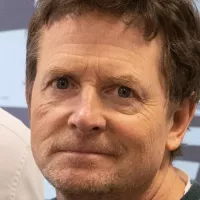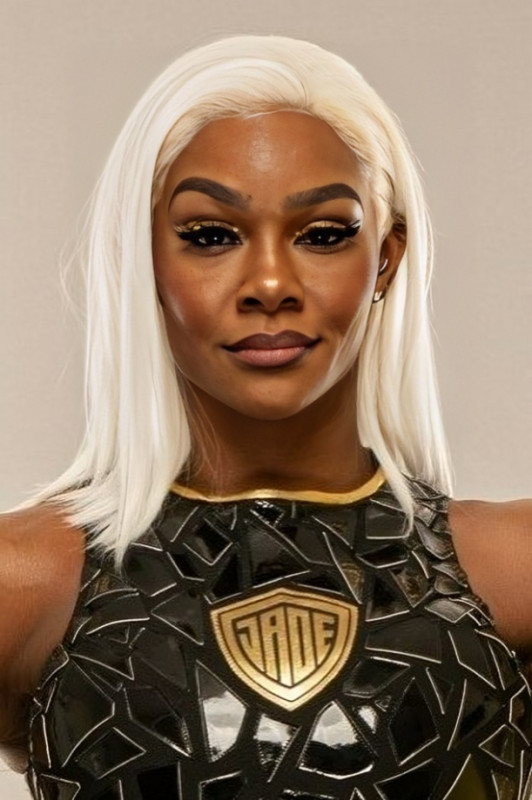An electoral college is a group of electors chosen to elect a candidate to a particular office. Primarily used in democracies, it's a constitutional body that appoints the head of state or government, and sometimes the upper parliamentary chamber. Electors are either directly elected by the people or chosen by subregional entities or organizations.
1905: Switch to Direct Elections
In 1905, Norway switched to direct elections after using regional electoral colleges to elect legislators from 1814.
1918: Electoral College for Senators
Until 1918, Uruguay had one electoral college for every department, each electing the senator for that department.
1920: Electoral College in Use
In 1920, the Chilean electoral college was used to elect its president.
1925: Electoral College Replaced
In 1925, Chile's constitution was amended, and the electoral college was replaced with direct elections by popular vote.
1931: Electoral College in Use
In 1931, during the Second Republic, Spain's president was elected by an electoral college.
1936: Electoral College in Use
Until 1936, during the Second Republic, Spain's president was elected by an electoral college.
1943: Direct Elections
In 1943, Paraguay replaced the electoral college with direct elections by popular vote.
1944: Exception Law
In 1944, Finland applied an exception law.
1946: Parliament Selection
In 1946, Finland selected president by parliament.
1949: Peronist Amendment
In 1949, the Peronist amendment, promoted by President Juan Perón, replaced Argentina's electoral college with direct popular vote elections.
1951: Direct Elections
In 1951, Argentina held direct elections by popular vote, following the 1949 Peronist amendment.
1957: Repeal of Amendment
In 1957, after the Revolución Libertadora, the constitutional convention repealed the 1949 amendment, reinstating the electoral college in Argentina.
1958: Reestablishment of Electoral College
In 1958, the electoral college was reestablished in Argentina, starting with the general election that year.
1961: Appointment of State President
From 1961, the state president of South Africa was appointed by the members of the House of Assembly and the Senate.
1962: Referendum on Direct Elections
After the 1962 referendum, the electoral college in France was replaced with direct elections by popular vote.
1964: Military Dictatorship's Electoral College
In 1964, during Brazil's military dictatorship, the president was chosen by an electoral college.
1965: Direct Elections by Popular Vote
Since 1965, direct elections by popular vote, using a two-round system, have been in place in France.
1972: Election by Electoral College
From 1972, during South Korea's dictatorships, the president was elected by an electoral college.
1972: Temporary Constitutional Reform
In 1972, the outgoing military junta decreed an illegal 'temporary constitutional reform' that was supposed to be later ratified by an elected constitutional convention in Argentina.
March 1973: General Elections
In March 1973, Argentina used a two-round direct election system established by the outgoing military junta.
September 1973: General Elections
In September 1973, Argentina used a two-round direct election system established by the outgoing military junta.
1973: Extended Term
In 1973, Finland applied an extended term by exception law.
1981: Election by Electoral College
Until 1981, during South Korea's dictatorships, the president was elected by an electoral college.
1983: Adoption of Constitution
In 1983, after the adoption of the 1983 Constitution, the new House of Assembly, House of Representatives, and House of Delegates designated members to the electoral college.
1987: Direct Elections Introduced
In 1987, democratization in South Korea resulted in direct elections.
1988: New Constitution
In 1988, Brazil established a new constitution leading to the restoration of democracy.
1988: Electoral College in Place
Until 1988, Finland had an electoral college for the country's president.
1989: Direct Election
In 1989, Brazil replaced its electoral college with a two-round system direct election.
1994: Direct Elections Introduced
In 1994, Finland replaced the electoral college by direct elections.
1994: Constitutional Amendment
In 1994, a constitutional amendment in Argentina largely ended the use of the electoral college, replacing it with direct elections.
1994: Parliamentary Election
In 1994, the president of South Africa was elected by the South African Parliament.
1995: Modified Election System
In 1995, a modified two-round direct elections by popular vote system was put in use in Argentina.
2009: Regional Council Elections
Until 2009, the Regional Councils in Chile were elected by provincial electoral colleges composed with communal councillors of local governments in each province.
2013: Popular Vote for Regional Councillors
Since 2013, the regional councillors are elected by popular vote in Chile.
Mentioned in this timeline
Colombia officially the Republic of Colombia is a country located...
China officially the People's Republic of China is an East...
Africa is the second-largest and second-most populous continent comprising of...
Korea is a peninsular region in East Asia comprised of...
France officially the French Republic is primarily located in Western...
Argentina officially the Argentine Republic is located in the southern...
Trending
46 minutes ago León Seeks Third Victory Against Necaxa in Liga MX Match

46 minutes ago Michael J. Fox Inspired Harrison Ford's Parkinson's Monologue in 'Shrinking'

47 minutes ago Jade Cargill aspires to WWE Hall of Fame, compares self to Michael Jordan.

47 minutes ago Brandon Ingram's Poor Game-Tying Attempt Against Spurs; Barrett's Raptors Desire Unclear.
47 minutes ago Marriott's Crystal Cove Resort Opens in Barbados, Promising Luxury Caribbean Vacation

48 minutes ago JoJo Siwa addresses wedding invite snub as Brooke Hyland marries Brian Thalman.
Popular

Jesse Jackson is an American civil rights activist politician and...

XXXTentacion born Jahseh Dwayne Ricardo Onfroy was a controversial yet...

Hillary Diane Rodham Clinton is a prominent American politician lawyer...

Michael Joseph Jackson the King of Pop was a highly...

Kashyap Pramod Patel is an American lawyer who became the...

Barack Obama the th U S President - was the...